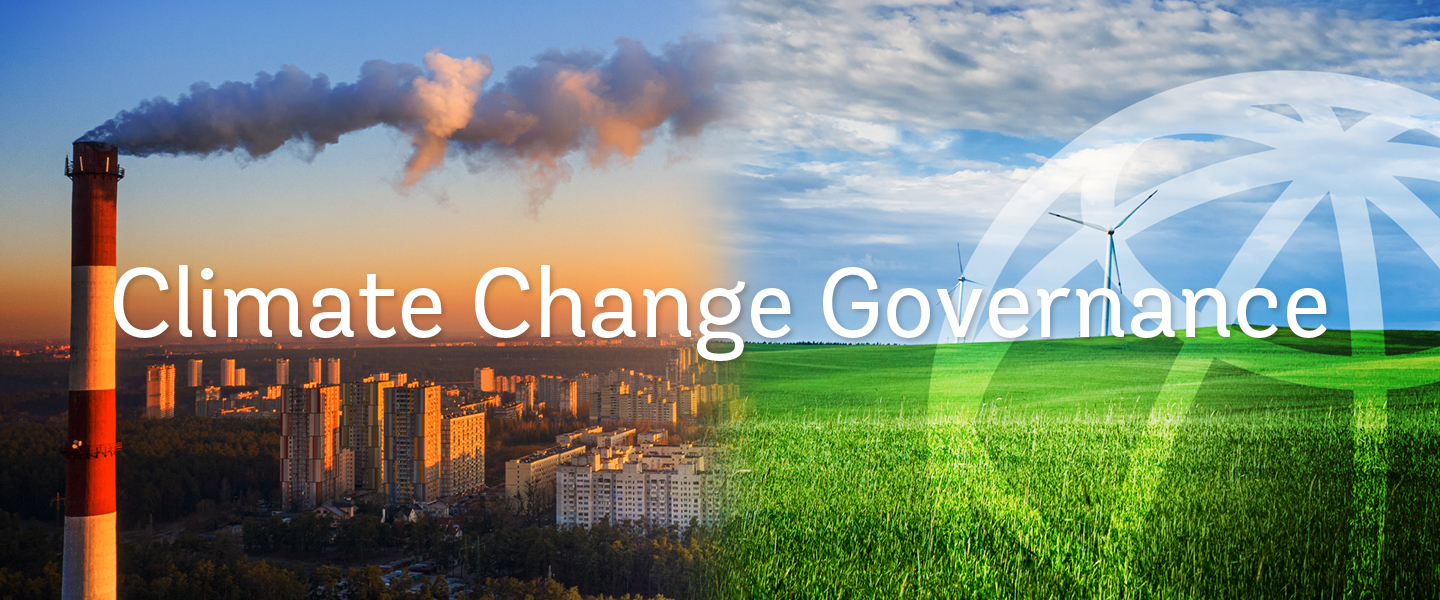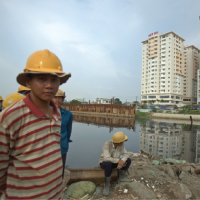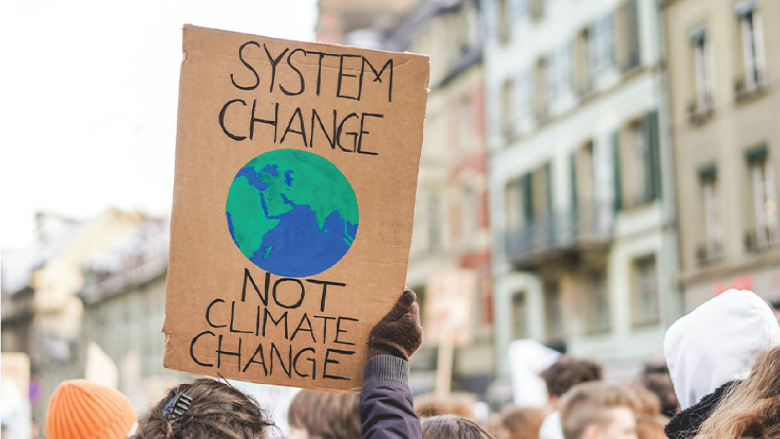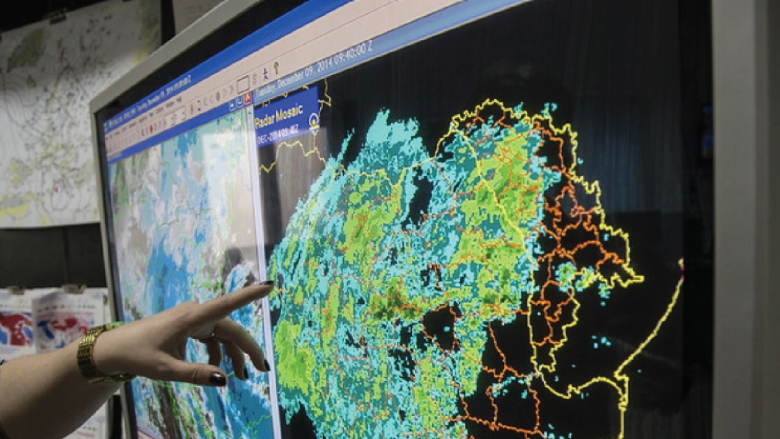Overview
Strong governance systems are central in helping countries achieve their climate goals. Action to address climate change requires coordination among multiple government and nongovernment actors. The extended timeframe over which climate change unfolds requires a capability to plan, implement, and sustain a credible commitment to increasingly ambitious policy over multiple electoral cycles. Governance institutions can help address such challenges. Coordination bodies can facilitate the complex task of aligning climate action across state and non-state actors. Climate change framework legislation can help address the challenge of credible commitment by setting legally binding targets. Independent climate advisory bodies can strengthen the evidence base for climate policy keeping the focus on the long-term.
Core governance institutions also translate climate policy into climate action. Government planning, budgeting, public investment, procurement and intergovernmental systems align public resources with sectoral climate policies. Enhanced SOE governance can support the integration of climate policy in key sectors such as energy, transport and water. Stakeholder engagement and oversight institutions such as auditors and the courts, ensure that the government is held accountable for its climate commitments.












